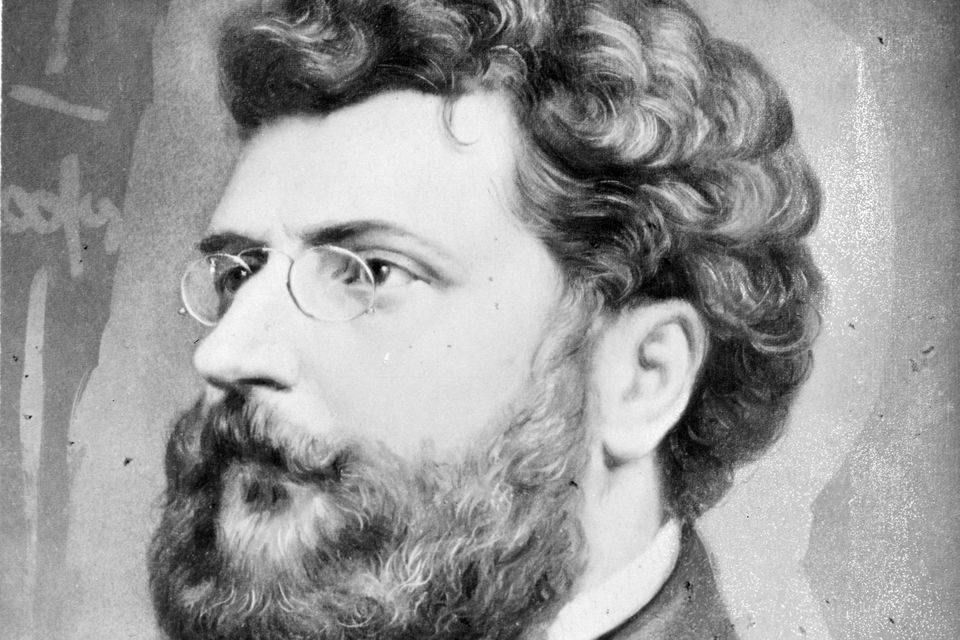Georges Bizet never knew that his Carmen would become an iconic gypsy heroine
French composer Georges Bizet. Photo by Edward Gooch Collection/Getty Images
One of music’s great tragedies is that the French composer Georges Bizet did not live long enough to enjoy the success of his greatest creation, the musical tale of his iconic gypsy heroine, Carmen.
Opera in the late 19th century when it premiered wasn’t about cigarette factories or the women who worked in them and happily partook of the product when they weren’t pulling each other’s hair out and fighting over men.
Bizet’s Carmen was a radical departure and it didn’t go down well at all. But there were those who saw a genius at work, foremost among them Tchaikovsky, who declared that within a decade this particular work would be the most popular opera in the world.
The great Russian was right on the money. Google the greatest operas and just about every list your search throws up will include the Bizet masterpiece.
In Carmen, to borrow a slogan from the disgraced and defunct News of the World, all human life is there.
At the heart of the tale is the fiery femme fatale. Love is blind, they say. Well, that’s exactly how it is for the poor soldier Don José, who has fallen for the temptress but who has never really had a chance with the glamorous bullfighter Escamillo around.
There’s many a twist and turn — it is opera, after all — before it ends in tears with José stabbing Carmen once it has become clear that all is lost.
The contemporary crowd may have been scandalised by the depiction of lowlifes, not to mention the vixen at the heart of it — but the tunes sustained it until the audience got more sense.
Who couldn’t be thrilled as Escamillo sings his Toreador Song to try to impress Carmen? What about the tenderness in José’s words as he serenades her with a reminder of the flower she tossed his way?
Then there’s Carmen’s own showpiece. Love is a rebellious bird, she sings by way of explaining how there may be no rhyme nor reason to how things play out.
Bizet only got to read the negative reviews. He wasn’t to know that the bold new direction he had taken, putting ordinary people at the heart of the story, would change the face of opera. Where he led many, most notably Puccini, followed.
Bizet was a heavy smoker. Exactly three months after Carmen was first performed, he died of a heart attack at the age of only 36. It was on this date in 1875.
George Hamilton presents ‘The Hamilton Scores’ on RTÉ lyric fm from 10am each Saturday and Sunday.
Join the Irish Independent WhatsApp channel
Stay up to date with all the latest news















